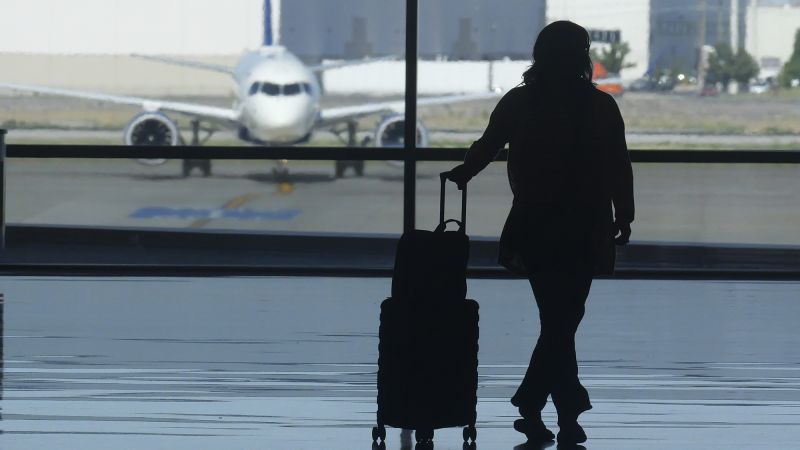Frequent flyer programs have become a crucial part of the airline industry’s profitability, with billions of dollars being paid by banks and credit card issuers to buy bulk miles from airlines. This revenue from selling miles to credit card companies is a significant income source for airlines, with Delta, American Airlines, and United reporting billions in revenue from co-branded cards and other partnerships. This reliance on frequent flyer programs is evident in the adjusted incomes of major carriers, which illustrate the importance of these programs in generating profits needed to sustain airlines.
These loyalty programs have also become a key way for airlines to encourage travel and build customer loyalty in a highly competitive marketplace. However, the Department of Transportation has recently announced an investigation into frequent flyer programs to ensure consumers are treated fairly. This scrutiny comes amid consideration in Congress of legislation that could impact the profitability of these programs by capping fees credit card companies demand from merchants who accept their cards, potentially reducing the amount credit card issuers can pay for miles and offer rewards.
Consumers often view frequent flyer miles and credit card rewards as part of their savings, with many relying on airline rewards to fund vacations or visits with loved ones. While these programs bring real value to consumers, there is concern about the fairness and transparency of these programs, as companies can unilaterally change the value of rewards. The potential impact of legislation on these reward programs is a topic of debate, with United CEO Scott Kirby warning that it could eliminate rewards programs altogether.
The value of frequent flyer programs is intertwined with the value of airlines themselves, as actual flights give the programs their intrinsic value. During the pandemic, the revenue airlines received from credit cards was crucial, with many US airlines selling bonds backed by payments for miles to raise cash. While it may be inaccurate to say frequent flyer programs are more valuable than the airlines themselves, these programs are undeniably vital to the economics of running an airline by driving profits and attracting and retaining customers.
Consumers are advised to be cautious when using frequent flyer miles for ticket purchases, as the value of a mile is generally around 1.2 to 1.3 cents. It is important to ensure that the number of miles required for a ticket purchase is reasonable, as overcharging may occur. While frequent flyer programs are generally good deals for consumers who pay off their credit cards, the actual value of miles should be considered when making decisions about purchasing tickets. The relationship between the value of these programs and airlines is complex, as both are intertwined in the operation and success of the industry.













